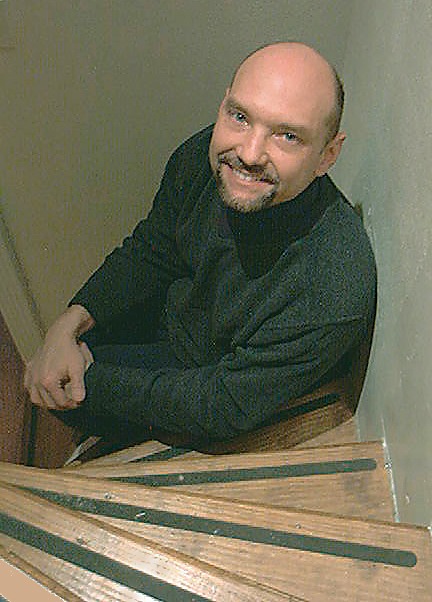I live for the baseball season, so it was downright depressing to hear some of the game’s brightest stars all but admit they cheat by using steroids. Now, there’s an even more frightening concept — gene doping.
The Washington Post reports that researchers are onto a new branch of gene therapy: altering one’s genetic code to create a superathlete. Farfetched? No. It’s already been done in mice. No tests exist to detect genetic alterations in humans, so gene doping would amount to undetectable cheating.
All this serves as a reminder that cutting-edge medicine is veined with moral obligations. There’s an ethical side to biotechnology that flows just beneath the skin of almost everything we report here.
In the case of gene therapy, there has been quite a bit of positive news this spring. Scientists have used the technology to restore hearing to deaf guinea pigs; a California company has successfully tested a DNA repair kit; the first map of common human genetic variations has been published. The point is, genetic medicine can be used for good — and greed.
The promise of gene therapy has been with us since the 1980s. As Jack McCain reports on page 52, we are still talking about its promise 20 years later, as the science has been dogged by sky-high expectations, setbacks, and ethical lapses. In his research, though, Jack talked with some marquee people in the field, who say that with careful advancement — and a lot of patience — gene therapy could be a staple of 21st century medicine.
It was serendipitous that advances in gene therapy splashed across the news as we were putting this issue together. That, added to our articles on oncologists and the post-drug-recall environment, makes this issue timely.

MICHAEL D. DALZELL
Every medical director will relate to our cover story by Chuck Appleby on the turf war between health plans and oncologists over control of biodrug distribution. It’s a variation of the classic managed care battle between health plans seeking to control costs and physicians defending their autonomy. The difference between this and the HMO-doctor skirmishes of the ’90s is in the lessons learned a decade ago.
The withdrawals of several drugs, conventional and biologic, from the market in the past few months has formulary committees poised to ask harder questions before approving the “next big thing.” Scott Kober reports that this is especially true for biologics and other drugs approved through the U.S. Food and Drug Administration’s fast track program.
In a perfect world, ethical and moral considerations will guide decision making on all these topics.
Enjoy the issue. Go Cubs!


